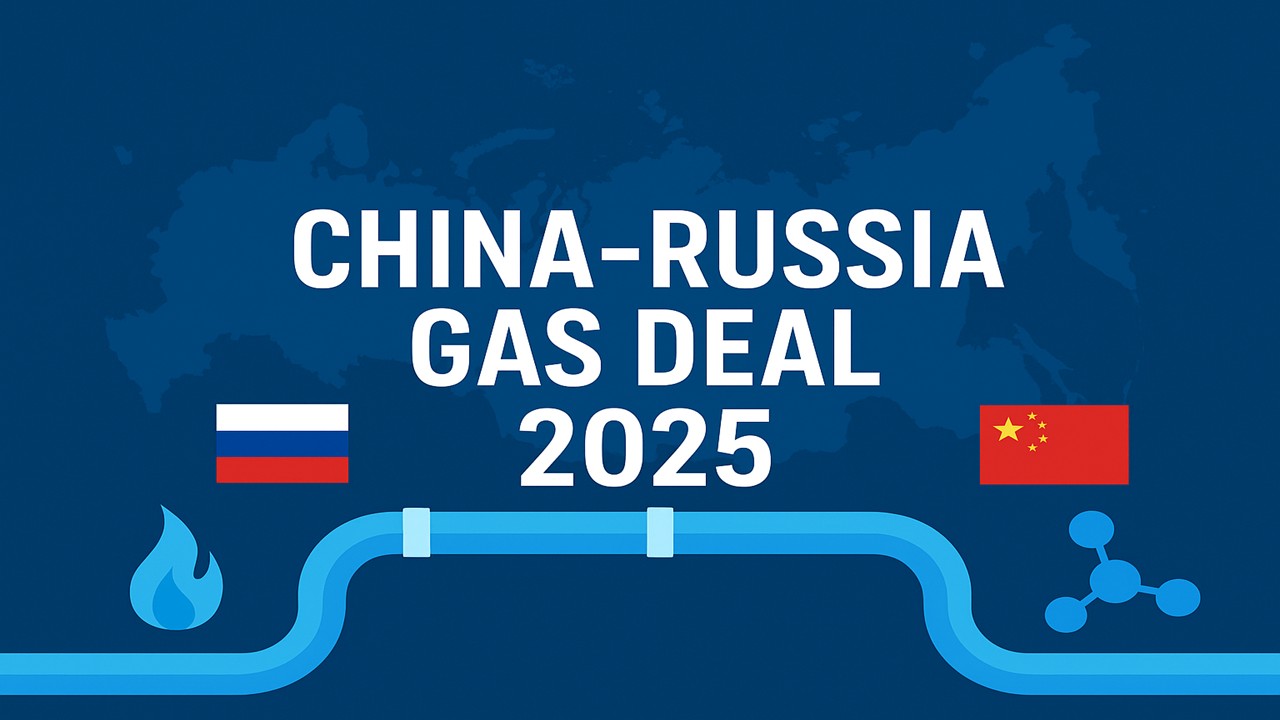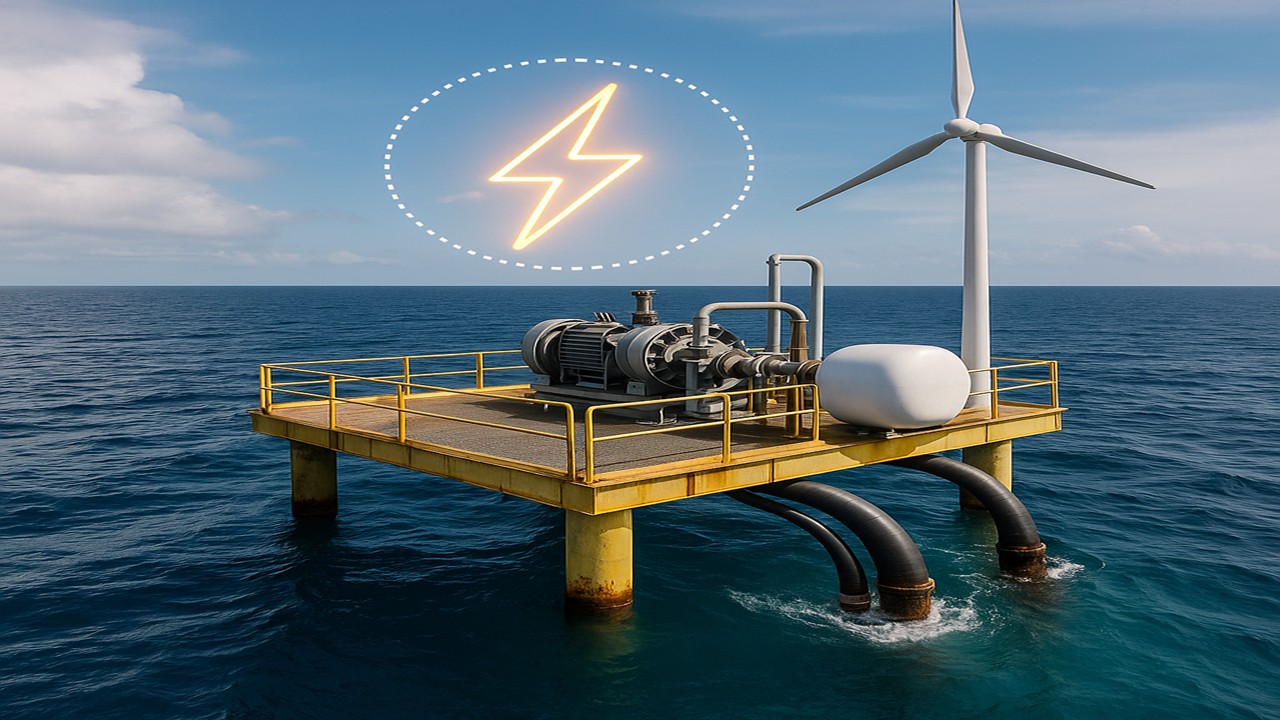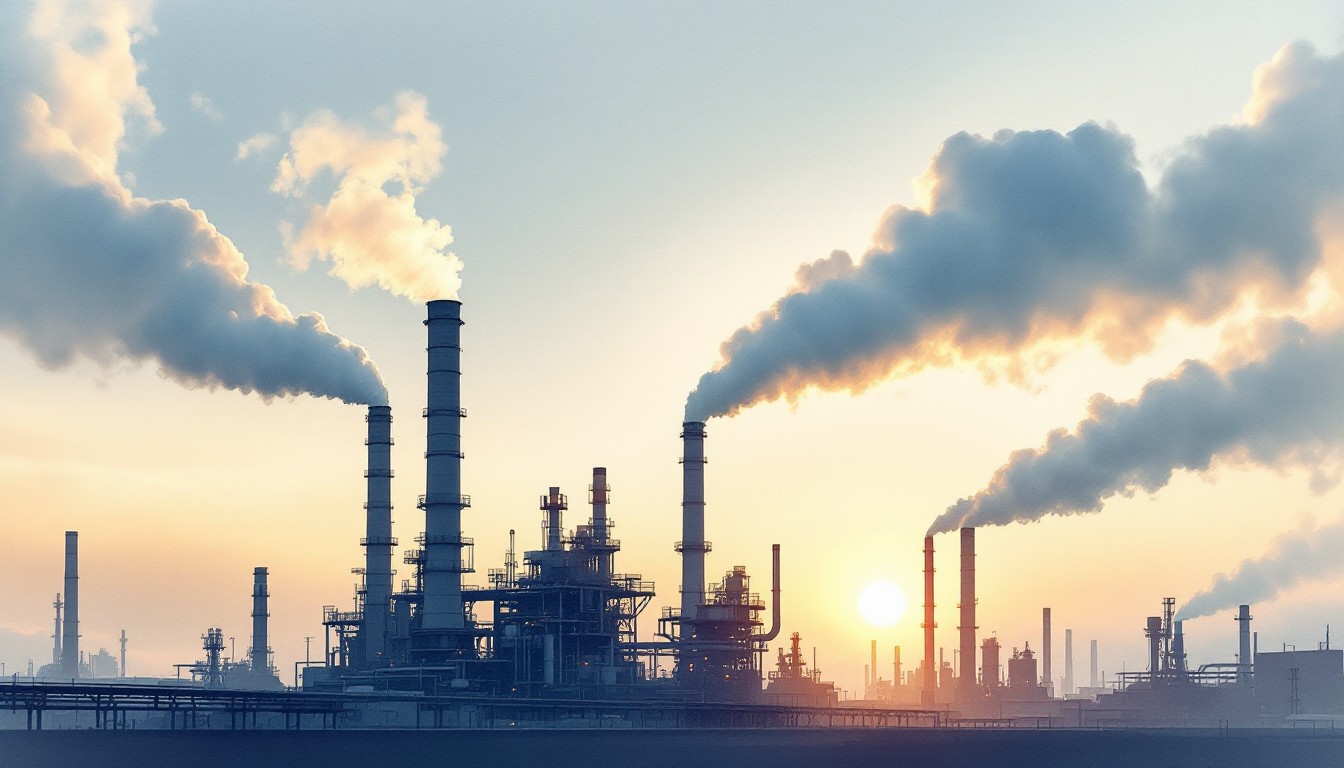
हिंदी में पढ़ने के लिए मेनू बार से हिंदी भाषा चयन करें।
Moscow/Beijing, September 2025 – Russia and China have taken a major step toward reshaping global energy flows with a new agreement on the Power of Siberia 2 pipeline, a project that could reduce China’s reliance on liquefied natural gas (LNG) imports and impact global prices.
According to reports, both sides signed a legally binding memorandum for the 2,600-km pipeline, which will carry up to 50 billion cubic meters (bcm) of natural gas per year from Russia’s Yamal fields, through Mongolia, and into northern China. The project is expected to begin operations in the early 2030s.
Cheaper Alternative to LNG
For Beijing, the pipeline is strategically important. Transporting gas through pipelines is cheaper than LNG, which requires costly liquefaction, shipping, and regasification. By securing steady supplies from Russia, China aims to shield itself from price volatility in the global LNG market.
For Moscow, the deal comes as it seeks to replace lost European buyers after sanctions cut off its main gas market. Energy analysts see this as a pivot from Europe to Asia, with China emerging as Russia’s single-largest customer.
Impact on Global LNG
Industry forecasts already point to a slowdown in China’s LNG purchases. Analysts expect the country’s LNG imports to fall by 6–11% in 2025, supported by rising domestic production and increased pipeline deliveries.
Once Power of Siberia 2 is fully operational, experts believe the pipeline could replace a significant share of China’s LNG demand, potentially freeing up supplies for other importers such as India, Japan, and Europe.
India’s Position
For India, which imports nearly half of its natural gas needs in LNG form, the development could be positive. A decline in China’s LNG appetite would mean greater availability and possibly lower prices in the international market. However, if China’s gas demand continues to rise sharply, it may still rely heavily on LNG, limiting the relief for other buyers.
Deal Still in Early Stages
Despite the announcement, critical details remain unresolved. The two countries have not disclosed pricing arrangements, financing structures, or construction timelines. Until these issues are settled, the full impact on the global energy market will remain uncertain.
Outlook
If completed as planned, the Power of Siberia 2 pipeline could mark one of the most significant shifts in the global natural gas trade this decade. It would strengthen Russia’s energy ties with China, reduce China’s exposure to the volatile LNG market, and potentially create breathing space for LNG importers like India.
But with the project unlikely to start before the early 2030s, the world energy market will be watching closely how quickly the pipeline turns from agreement to reality.
Sources: Media reports




































































